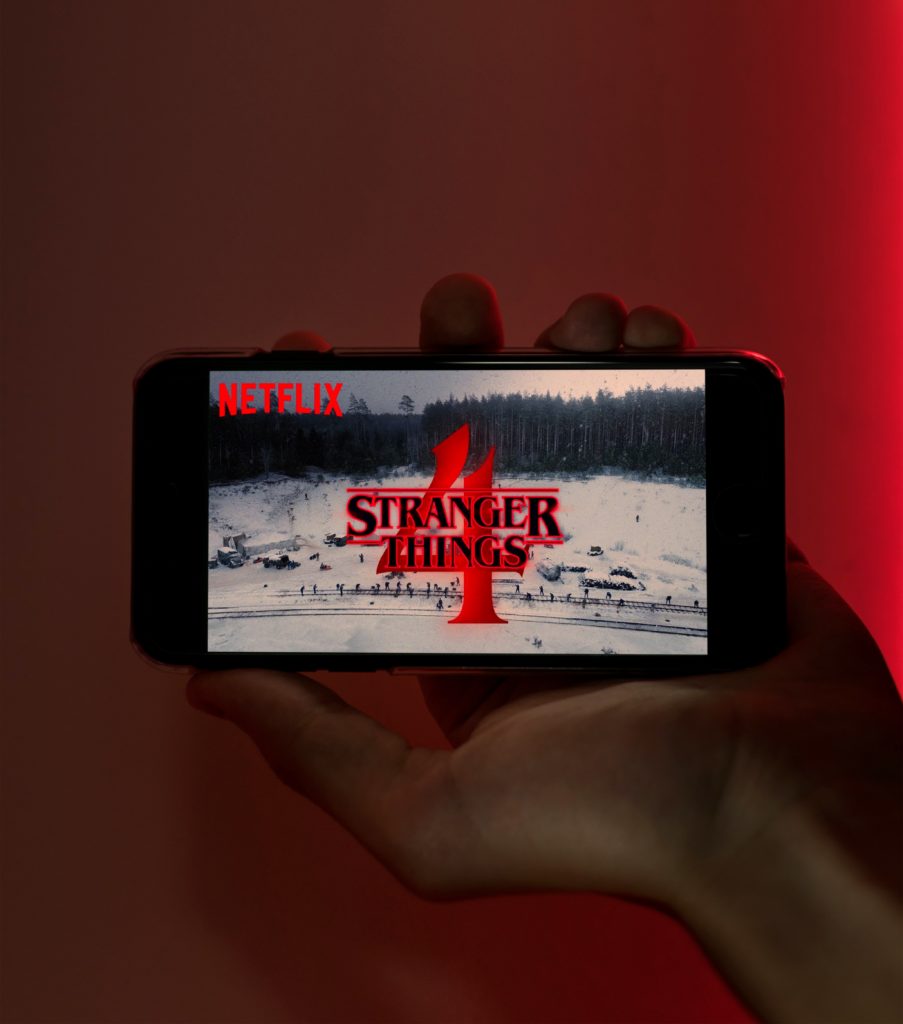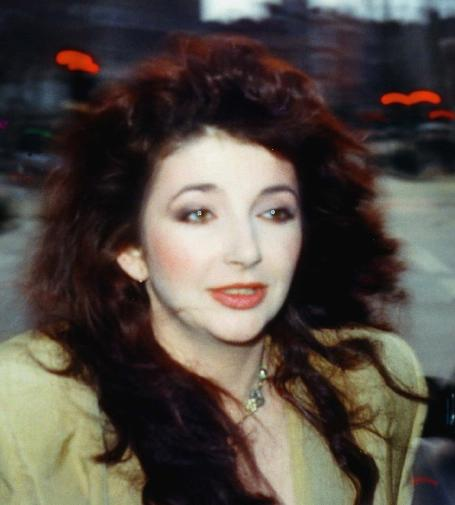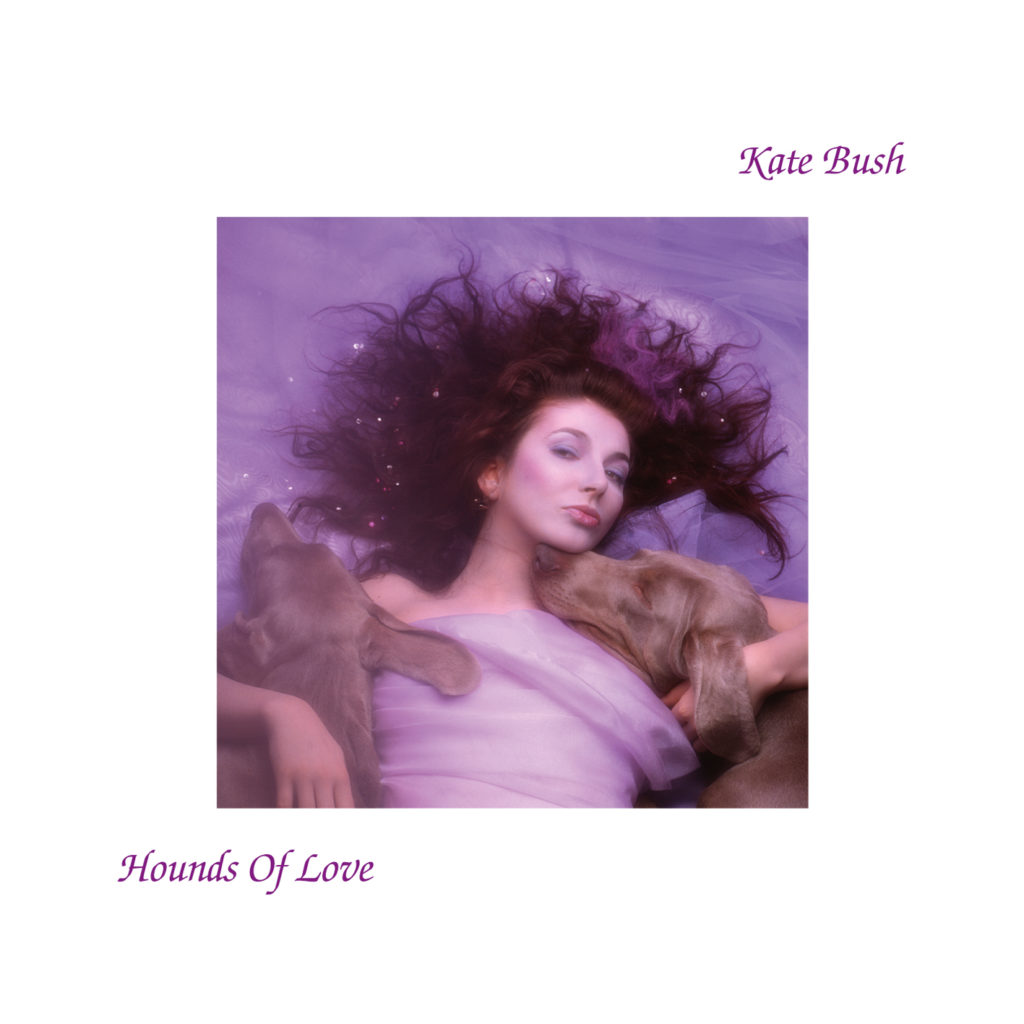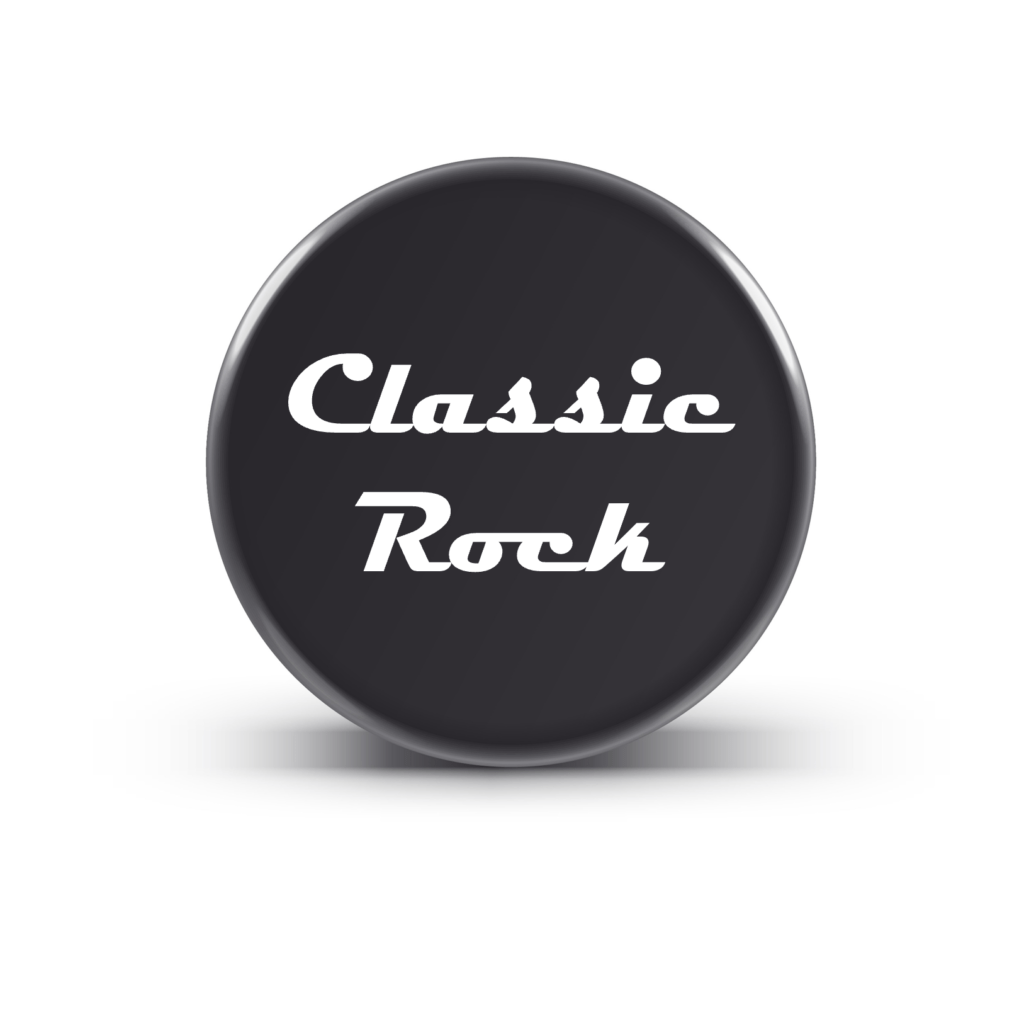
How does a song become a hit in 2022?
That’s how this conversation started. And for me, it was a story sent to me by a guy who goes by the Twitter handle of @KingofPodcasts. It’s a USA Today story with a long, but fascinating title:
“Once upon a time, musicians hated making videos for MTV. Now, artists’ ire is aimed at TikTok.”
And that says it all. Artists like Halsey, Ed Sheeran, and Florence Welch are pushing back against their record labels that insist a TikTok video is prerequisite to releasing the next single.
Halsey pushed back, and took her complaint to social media:
it’s not about making the tiktoks I already make tiktoks! They are saying if they don’t reach some imaginary goalpost of views or virality than they won’t give me a release date at all. I’m not claiming to be oppressed! just saying that all not all marketing methods are universal https://t.co/TtblycBOi0
— h (@halsey) May 23, 2022
If you remember the early days of MTV, it was the same story for certain artists who looked down on rock videos. We may remember those iconic videos from Peter Gabriel, Michael Jackson, and Robert Palmer. But other artists – Dylan, Tom Petty, and Bob Seger pushed back against the trend…at least initially.
Some artists have no issue with TikTok. The USA Today story points to Riley Roth who sees TikTok as a litmus test for a new song:
“Before leaning into social media, releasing a song was a bit of a gamble in trying to figure out if people like it or not…If you post the demo and get a good response to it, then you already know there’s an audience of people that like the song.”
Her TikTok is account is loaded with video snippets of her, seen and shared by thousands – with or without the benefit of radio airplay:
We’ve seen the power of TikTok to influence music tastes before, sometimes in odd ways. Remember when that dude hit his skateboard drinking Ocean Spray cranberry juice rockin’ Fleetwood Mac’s “Dreams?” The song shot up to #1 decades after its initial release.
If the idea is to meet the audience where they are, Halsey and Riley Roth may not share musical sensibilities. But their respective fans hang out in the same vicinity. As Lori Lewis told me last year about TikTok, Reels, and similar outlets:
“Focus more on the art of creating short-form video that’s entertaining, inspiring, or helping us discover something new.”
But what about Netflix? Can a video streaming platform make a hit out of Alternative songs from the 1980’s?
It’s happening. If you’re a “Stranger Things” fan, the long wait between seasons finally ended. When Netflix dropped Season 4 last month, it set records. This next batch of “Stranger Things” episodes broke the previous Netflix mark of most hours viewed within a show’s first 28 days, blowing by “Bridgerton” – and it only needed 17 days to do it.
The truly fascinating story behind Season 4 is about a song, one that became popular during the mid-80’s when “Stranger Things” takes place. If you’re watching, you’re now more than a bit familiar with Kate Bush‘s sort of hit from back in that day, “Running Up That Hill.”
A great story last week in The Ringer explores just how music charts are being warped by digital media platforms. Writer Nate Rogers points out how the song – integrated into the plot of the show – has soared to the top of daily streaming rankers in the U.S. and U.K. And for the first time ever, Kate Bush finds her song on the top 10 of the Billboard Hot 100.
integrated into the plot of the show – has soared to the top of daily streaming rankers in the U.S. and U.K. And for the first time ever, Kate Bush finds her song on the top 10 of the Billboard Hot 100.
Unlike some past hits wedged into TV shows or TikTok videos featuring cranberry juice, the choice of “Running Up That Hill” isn’t a random one. The song always had an ethereal feel, sounding little like the tunes around it. It broke on Alternative radio (known as Modern Rock back then). I was fortunate to be consulting 91X at the time, and I remember thinking how the song had an eerie feel, a great example of how the format could be distinctly different from CHR and Rock, the two most competitive adjacent formats.
There’s a story behind “Running Up That Hill” and I’ll let Rogers tell it. But despite its mysterious history and conspicuous placement in the Netflix hit show, the rise of this old song is indicative of a larger phenomenon.
As Rogers notes, “For some time now, the trend has been solidifying: Old music is growing more valuable than new music.”
He quotes Luminate data (the old MRC Data and Nielsen Music) that at the start of this year, music that was older than the past 18 months made up 70% of the U.S. market – up 5 percentage points from the year prior.
 And the economics of this man bites dog relationship is that more and more artists are selling their publishing rights, often for hundreds of millions of dollars. It’s hard to deny their current value when you see a song from the Jimmy Carter era get resurrected as a result of exposure on a digital platform.
And the economics of this man bites dog relationship is that more and more artists are selling their publishing rights, often for hundreds of millions of dollars. It’s hard to deny their current value when you see a song from the Jimmy Carter era get resurrected as a result of exposure on a digital platform.
In other words, everyone’s cashing in on catalog music – the artists, the labels, audio and video streaming platforms, social media, and video games.
Except radio.
Every other medium is benefitting from this now long-time trend where older music – let’s call it classic – is truly more mass appeal than anything released since the turn of the new millennium.
Radio’s inability to position its Classic Rock/Hits stations as the new mainstream has consistently squelched and stunted revenue on these stations, despite the fact many are at or near the top of their markets 6+ in PPM markets.
For Kate Bush, 2022 will ironically be her breakthrough year. Nate Rogers quotes her response to an interview question posed to her a few years ago:
“What’s the most satisfying thing you do? she was asked.
And her reply:
“The most satisfying thing? I guess when you’ve actually written a song, and you think about what’s going to happen to it in the future.”
Kate Bush, along with the rest of us, could never have predicted her 80’s-era hit would be charting everywhere, along with earning airplay on today’s ALT stations. Oddly, the song stands out similarly – but different – than the way it did when the “Hounds of Love” album was produced, and “RUTH” was its first song.
But we can predict 2022, 2023, and beyond will be successful ratings years for Classic Rock/Hits radio. If past is prologue, we’ve got nearly four decades of history that tells us where the musical puck isn’t just headed. It’s sitting in the classic net, the red light is on, and the sirens are blaring.
that tells us where the musical puck isn’t just headed. It’s sitting in the classic net, the red light is on, and the sirens are blaring.
Bush recently wrote on her website that her song has been given “a whole new lease of life by the young fans who love the show—I love it too!”
What’s not to love? When a medium, a platform, or a show takes your work from decades ago, and turns it into a current hit, it’s truly an amazing moment for artist.
So, what do we take away from this “Running Up That Hill” story?
First, radio’s ability to make hit records has diminished, replaced by the reach, ubiquity, and buzz of new media platforms.
And second, radio’s formats that focus on exposing this great old music to new generations of fans should be knocking down the best power ratios in the business.
OK, maybe I’m half right.
Here is the official music video for Kate Bush’s “new” 1985 hit: “Running Up That Hill.”
Thanks to Jorge Hermida aka @KingofPodcasts for the tip.
- Why “Dance With Those Who Brung You” Should Be Radio’s Operating Philosophy In 2025 - April 29, 2025
- The Exponential Value of Nurturing Radio Superfans - April 28, 2025
- What To Do If Your Radio Station Goes Through A Midlife Crisis - April 25, 2025




I’d like you to expand on your comment – “Radio’s inability to position its Classic Rock/Hits stations as the new mainstream”. I believe many stations have done that, such as WGRR in Cincinnati. Play the old songs with a contemporary flair and presentation and you can be the mainstream…
Mark, I may not have said it as artfully or clearly as I should have. Yes, many of these stations top the ratings rankers, but many are not racking up the sales and revenue numbers they deserve, largely because their demos fall over the 55 range – even though they appeal to many younger listeners. My point was that other platforms and media seem to be much better able to rake in the big bucks when they feature catalog music.
Understood. But also, I think many of those station you speak of have great ratings but an “aged” image – 70’s at 7, This Day in Music History, all sort of features and tentpoles that makes them sound old. Drop all of that, play the “oldies” but act like it’s today. Wouldn’t that be the first step in making it more salable? (And I wonder, what is WGRR’s power ratio?)
So riddle me this, Batman.
Why, then, are classic hits stations NOT playing this song? I’d have it in power the day after Stranger Things premiered.
Put it in rotation, PDs.
As for me and my station…
I was on vacation when it hit. The logs were already done, and we’re too short staffed to change much if one of us is gone.
I’m putting it into power today. We’ll see how it holds up.
I cannot agree more.
I’ve been rotating 3 versions of this song for the last couple of years on THE EVERYTHING SHOW. If you love the song, Placebo does the best cover version.
I did not know the song had been covered this much. The Placebo (first time hearing it) is a haunting version, different than the original. Thanks for guiding us, as always, Dan.
I think Kristin Flammio & the Pretty B-tchin’ does a pretty darn good version. They released it in November, 2021.
https://kristinflammioandtheprettybitchin.bandcamp.com/track/running-up-that-hill
As my Classic Hits format The Eighties Channel has always had Modern Rock as a component, both as an accent category and the focus of a Saturday night New Wave block, RUTH has been in my library and getting airplay for years.
It may be time for me to move it to the mainstream library. Since this is technically a “current” I need to see how it stands up after the initial novelty wears off.
But I have always loved the song and I would love being able to play it all the time instead of just occasionally.
It is one of those songs that sounds fresh today. I think we knew it was a unicorn back when it was released. But who could’ve dreamed it would be resurrected nearly 40 years later on a channel called Netflix? Certainly not Kate Bush.
This is proof positive that radio was the original gatekeepers of new music discovery. Radio stations should stop trying to be automated jukeboxes playing a stretch of familiar music with several long uninspiring ad breaks.
Let’s let our personalities bring expertise and can understand and explain a new song and why people are latching on ot a song and then play it.
If the corporate radio stations cannot staff (or refuse to fund or staff) the individual stations to create live and local then create a national format and put lots of resources into national live programming in every daypart and make new music discovery a priority.
BBC Radio 1 is doing just that. Why can’t radio in the states do that. Use the Billboard charts as your guide again and let’s build Top40 stations, not CHR.
Jorge, thank you again for the story. And I hope your observations about radio are read by industry execs.
Since Guardians Of the Galaxy in 2014 when all those great 70s hits appeared on Guardian Peter Quills Mix Tape, you’ve seen more and more 70s and 80s tracks appear on Streaming Video Series as well as be used in TikTok videos. Its reached a crescendo during this the Doldrums Phase of the Music Cycle with Euphoria are using older songs by Steely Dan and a few weeks ago an Engelbert Humperdinck become #6 on Shazam after appearing on Disney + Moon Knight and old 70s hits from Gerry Rafferty
and Todd Rundgren appeared on Netflix’s Ozark recently and began
streaming and shazaming big numbers again as well.Gold and older hits always makes a comeback during the Doldrums phase every decade. If you’re a Tik Tok Trending 10 fan like I am you have been seeing songs like Love Grows-Edison Lighthouse being used in TikTok Videos. Fred as your article indicates Kate Bush Running Up That Hill is #1 in Streaming at over 30 million this past week and already a legitimate hit on Billboard at #4 and I’m just hoping that not Top 40 and Hot AC radio jumps on it early before it burns out as it surely will due to its massive streaming exposure. I don’t want to see Kate become another radio miss after they missed out giving another #1 streaming song(for 12 straight weeks) enough spins to make it a hit…Encanto We Don’t Talk About Bruno
Guy, always wonderful to hear from you. And I love your cycles.
I wonder when a song is used at a pivotal moment in a TV series or film whether we ever “hear” it the same way again because we can’t “unsee” the moment. “Don’t Stop Believing” comes to mind, as does Stealers Wheel and “Reservoir Dogs.”
Max Tolkoff references “Blue Monday” in that Volvo commercial that ran incessantly in recent months.
Thanks for these observations, even more amazing as non-radio media influence music in profound ways.
Appreciate you chiming in.
Back when the “alternative” format was the unwanted bastard step child of the music and radio biz, our playlists contained all sorts of songs no one else gave a shit about. Until they did. In the 80s KROQ forced the issue with music that was selling but not getting airplay. KROQ absolutely was responsible for the Top 40 success of the Pet Shop Boys, just to name one notable hit.
A number of years (7-8?) passed before Gary Wall decided “Melt With You” from Modern English should have been a CHR hit. He then set out, successfully, to make it so. Burger King also noticed.
For quite awhile last year I thought Volvo was going to single handedly force “Blue Monday” from New Order back onto the current airwaves. They pounded the ever-loving shit out of it.
I can’t listen to “Blue Monday” anymore.
Fred, your own research at the end of the 80s revealed a rather astonishing fact. Turns out boomer kids liked what their parents liked. New music? Nah, gimme more of that band that flies dirigibles (clue: gas bag). Songs are always trying to escape the graveyard and once in a while they do.
Refine your Classic Rock message and start breeding more consultants Fred. Barring the nuclear destruction of the planet, the format’s good for another 50 or 60 years.
Here, let me ask the question no one wants to ask anymore: Another stab at a classic alt station?
While there’s definitely plenty of music that’d work here, I’m not sure if it’d be best to try to position it as Classic Alt–or even as a different take on Classic Rock. Maybe more of a Pop-based approach (e.g., Modern Classic Hits or a new version of Rock AC) would be better.
A lot of what ended up being labeled as Alternative or Modern Rock in the U.S. did get a lot of general airplay elsewhere–and some of it still does. (I’m still surprised that I’ve run into Aztec Camera on a few different occasions recently on Mexico City’s Stereo Cien [XHMM].) Much of it also had a huge impact on what was coming out of non-anglophone nations during that era; e.g., the ’80s is often referred to as Spain’s golden age of Pop (“La edad de oro del Pop español”), which in turn greatly influenced much of Latin America.
(BTW, I can’t think of the Smithereens’ “Blood and Roses” anymore without also thinking of the Cadillac ad that it was used in a few years ago.)
Max, it must make you crazy to watch some of this insanity. You and your staff at 91X were so fortunate to be integral parts of the format when the music mattered. You’ve got to write the book.